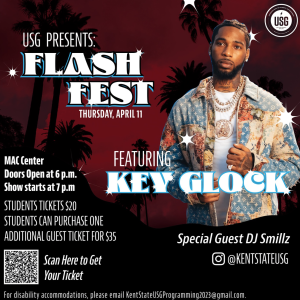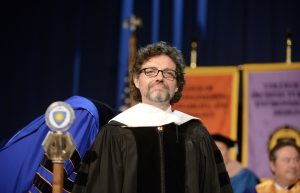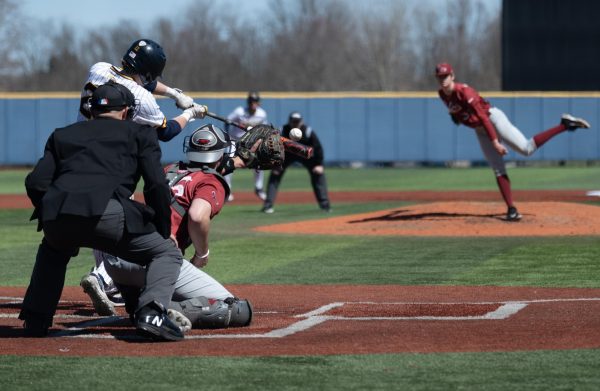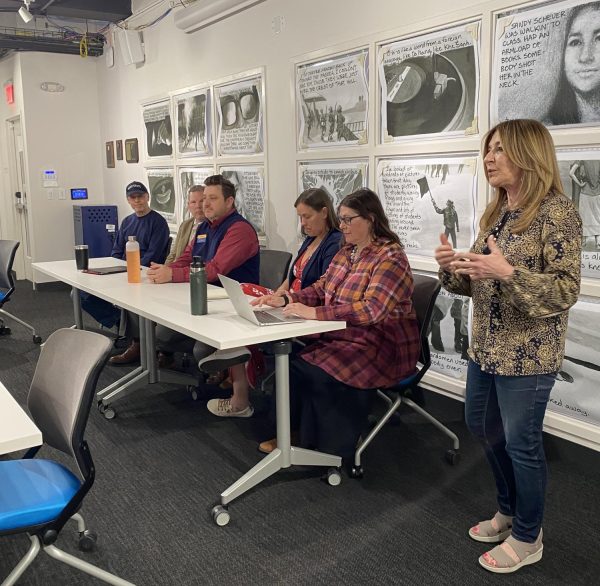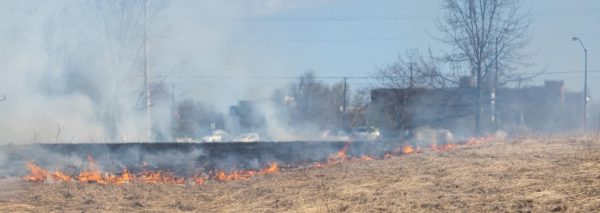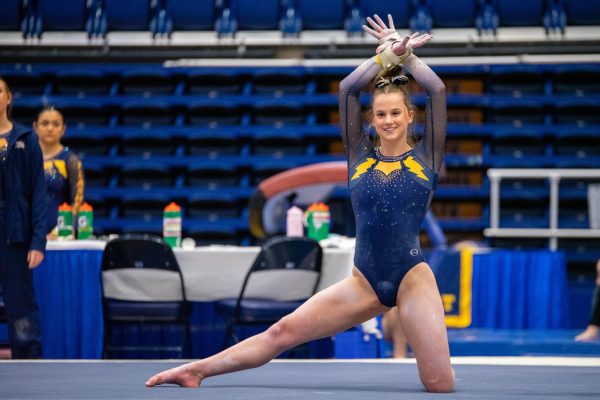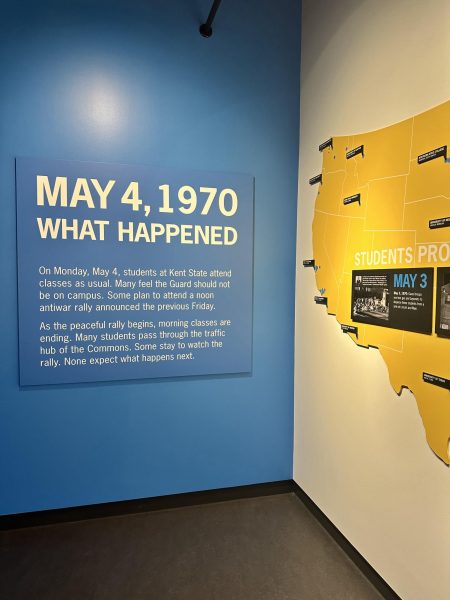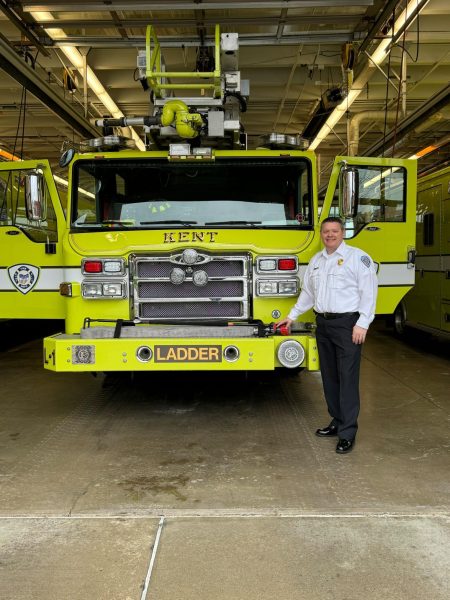Contract dispute between faculty union, university hits slow point over winter break
January 13, 2019
The university’s tenured and tenure-track faculty will begin the semester without a new contract.
Despite mediation sessions Dec. 11 and 17, Kent State’s tenure and tenure-track faculty union and the university administration have yet to agree on a new deal.
The contract for tenured and tenure-track professors expired Aug. 18, 2018. Without a contract in place, professors do not risk a breach of contract for striking.
The American Association of University Professors-KSU (AAUP-KSU) members voted to approve strike authorization Dec. 10, in the event contract negotiations fall apart.
With the authorization passed, Melissa Zullo, the president of the AAUP-KSU chapter, may declare a strike after giving 10 days notice to the university. The strike authorization, however, does not mean they are close to leaving the negotiation table; a strike would be the “last resort,” according to a fact sheet found on the AAUP-KSU website.
“AAUP-KSU will not call a strike unless and until every other avenue for reaching a fair contract has been exhausted,” according to the fact sheet.
The AAUP-KSU fact sheet also noted the threat of a strike helps deter poor treatment by the university in current and future negotiations.
“When dealing with ‘hard liners’ who do not respond to reasoned arguments and shared interests, a union ultimately has no negotiating power unless it demonstrates a willingness to strike,” it read. “Accepting the current proposals without a fight will certainly lead to more of the same treatment in the future.”
Even though both sides have yet to agree on new terms, affected faculty is able to continue teaching; until the new contract is signed, both sides operate under the terms of the previous contract.
Some aspects of the contract have already been approved, but the university statement on the strike authorization noted the December mediation sessions would focus on “a strategic emphasis on competitive, yet realistic wage increases and revisions to our healthcare plans.”
As the possibility of a strike sits on the table, both sides will continue the protocol for resolving the contract dispute. According to the collective bargaining agreement between the university and AAUP-KSU, the first attempt at negotiating through an impasse happened through Federal Mediation and Conciliation Service, a federal government agency that specializes in contract disputes.
Since the mediation sessions that took place on Dec. 11 and 17 did not produce a new contract, the negotiations will next be spearheaded by a fact-finder assigned by the federal mediators, according to the collective bargaining agreement.
Neither the university nor AAUP-KSU has confirmed whether a fact-finder has been assigned or when those sessions would take place.
–What if a strike takes place:
If, after a fact-finder is brought in, negotiations fall through and no contract can be agreed upon, the university will present a final offer contract offer. At this point, the union may either sign it or initiate a strike.
While on strike, tenured and tenure-track professors would not attend classes or office hours, administer tests or exams, attend committee meetings or participate in any other regular duties, according to the AAUP-KSU site.
AAUP-KSU does not and cannot require its members to participate in a strike, but on the website said, “The higher the level of participation, the more effective a strike will be.”
In their statement on the strike authorization, the university clarified they would not be paying striking employees or providing them with health benefits; both of which the university is within its legal right to withhold during the strike.
In the statement, the university also said “During a strike, our top priority would be to assure that quality instruction to our students is not interrupted.” To keep classes running, the university may seek professors to fill in, including non-tenured professors and tenure and tenure-track professors who are not striking.
It is possible the university might put together a plan before the strike begins to fill in as many classrooms as possible but declined to comment if any plan has been put in place yet.
Both Eric Mansfield, the university’s executive director of media relations, and Zullo were unable to comment on any details of the negotiation.
Nicholas Hunter is a senior reporter. Contact him at [email protected].








